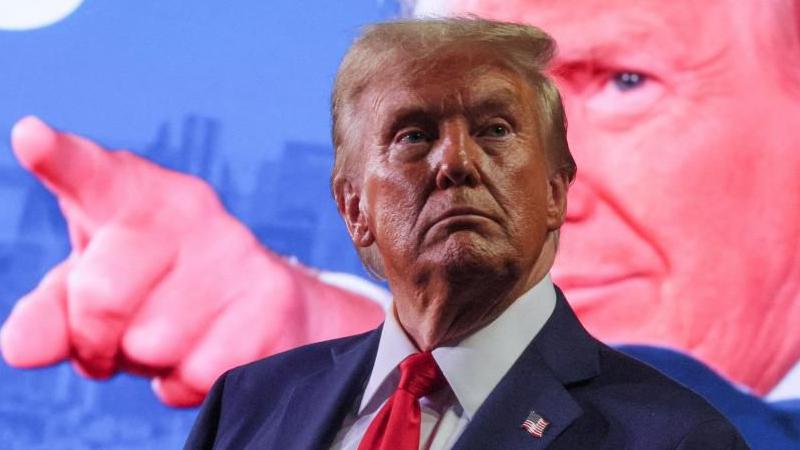Trump Intel Respond to Presidential Criticism with Strategic Diplomacy
Trump Intel Respond to political pressure as CEO Lip-Bu Tan meets President Trump to address concerns, safeguard CHIPS Act funding, and reaffirm U.S. semiconductor leadership. Intel has issued a measured statement following recent criticism from President Donald Trump, who had called for CEO Lip-Bu Tan to resign. The president’s comments came after Senator Tom Cotton raised concerns about Tan’s past business ties with Chinese companies and his leadership at Cadence Design Systems. During his time at Cadence, the company admitted to unlawfully exporting semiconductor software to a Chinese university linked to nuclear research, leading to a $118 million penalty.
Intel’s response avoided addressing these allegations directly, instead emphasizing alignment with Trump’s technology and manufacturing agenda. The company stressed its commitment to strengthening U.S. industry and national security interests.
Trump Intel Respond Through White House Meeting and Open Dialogue
Intel is a key recipient of $8.5 billion in CHIPS Act funding to expand domestic semiconductor production. Projects are underway in Arizona, Ohio, and New Mexico. Tan, who became CEO in March after Pat Gelsinger’s removal, faces the dual challenge of protecting Intel’s federal funding and competing in an evolving market dominated by Nvidia, TSMC, and Samsung. His leadership comes at a time when AI-focused chips are outpacing traditional computing products, putting pressure on Intel to innovate quickly.
A High-Stakes Meeting at the White House
President Trump recently met with Tan, along with Commerce Secretary Howard Lutnick and Treasury Secretary Scott Bessent. Trump later described the meeting as “very interesting” and praised Tan’s professional journey. Intel stated that the discussion was candid and constructive, highlighting the company’s commitment to restoring its position as a leading U.S. technology player.
Trump had previously demanded Tan’s resignation, citing national security concerns. Tan responded by stating that Intel was engaging with the administration to address all concerns and clarify misinformation about his past roles at Walden International and Cadence Design Systems. He emphasized his record of adhering to high legal and ethical standards throughout his career. Also Read: Amid Big Uproar, Delhi Dogs Case Hearing To Be Held Again Before Larger Bench Today
Conclusion
Intel’s approach to the controversy reflects a careful balancing act. While facing political scrutiny, the company aims to maintain crucial government support, protect federal investments, and navigate intense competition in the semiconductor industry. The outcome of this situation could influence not only Intel’s leadership but also the direction of U.S. technology policy in the years ahead.

